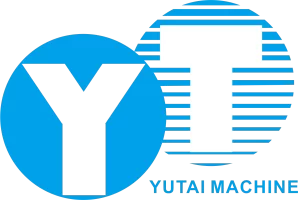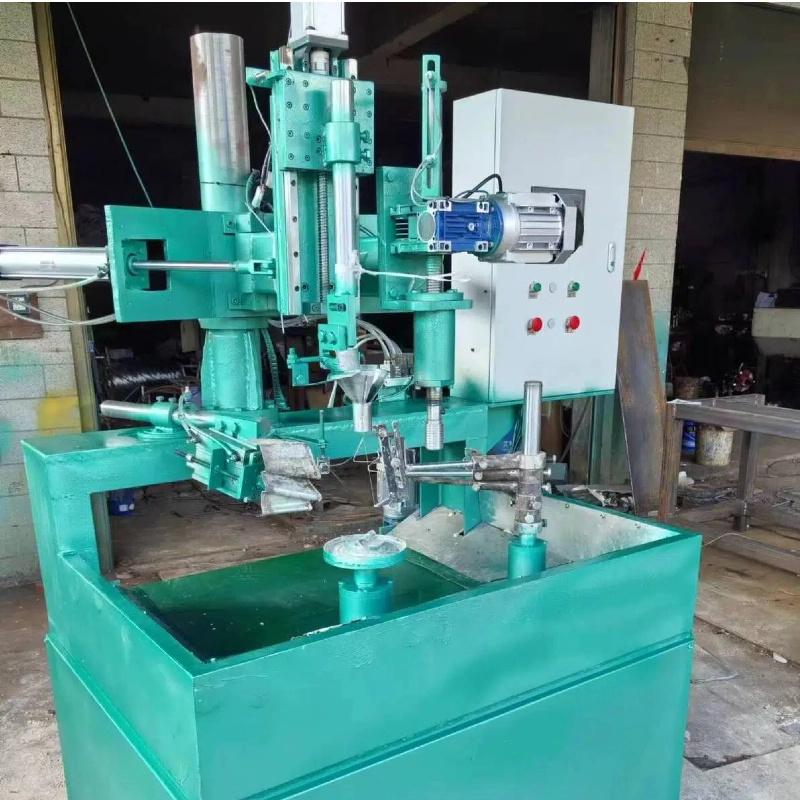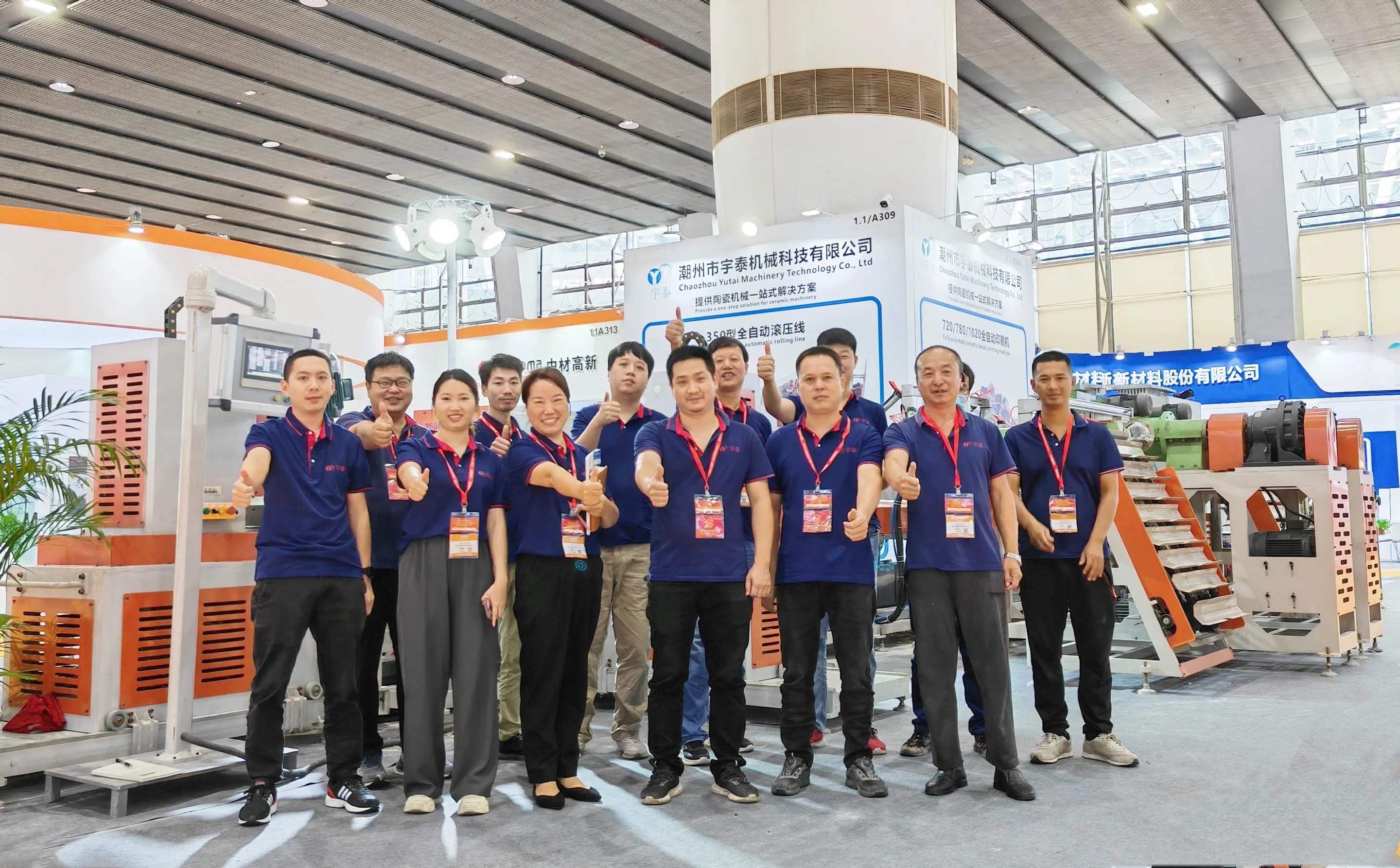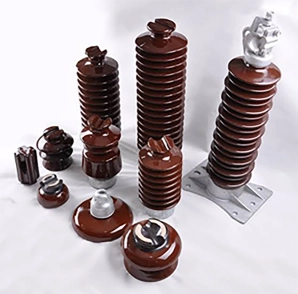
Keramische Isolatoren sind integraler Bestandteil von Stromübertragungs- und -verteilungsnetzen sowie von Kommunikationssystemen. Sie bieten nicht nur elektrische Isolierung, sondern auch langfristige mechanische Festigkeit und Zuverlässigkeit unter rauen Bedingungen. Moderne keramische Isolatoren erfordern fortschrittliche Herstellungsverfahren und präzise Maschinen. Als führender Anbieter von Keramikmaschinen, Yutai bietet eine umfassende Studie über den Herstellungsprozess.
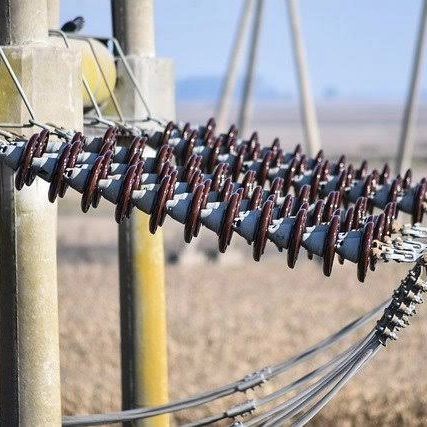
Überblick über die Herstellung keramischer Isolatoren
Die Herstellung von keramischen Isolatoren besteht aus vielen Schritten, von der Vorbereitung der Rohstoffe bis zur Prüfung des fertigen Produkts. Während frühere Prozesse meist manuell durchgeführt wurden, hat die Herstellung in jüngster Zeit den Grad der Automatisierung, den Umfang und die Standardisierung der Prozesse erhöht. Heutzutage erfolgt die Herstellung von keramischen Isolatoren in einem Automatische Maschine zur Herstellung von Keramikisolatoren um die Einheitlichkeit des Produkts und einen effizienten Betrieb zu gewährleisten.
Wie werden keramische Isolatoren hergestellt?
Schritt 1: Vorbereitung des Rohmaterials
Zu den wichtigsten Rohstoffen für keramische Isolatoren gehören:
- Lehm und Kaolin: sorgen für Plastizität und eine strukturelle Grundlage;
- Feldspat: wirkt als Flussmittel und senkt die Brenntemperatur;
- Kieselsäure und Aluminiuma: Verbesserung der mechanischen Festigkeit und der Isolierleistung.
Alle Rohstoffe müssen genau gewogen werden, um eine gleichbleibende Qualität zwischen den einzelnen Chargen zu gewährleisten.
Schritt 2: Mischen und Formulierung
Die Rohstoffe und das Wasser werden gleichmäßig in einem Kugelmühle um einen Schlamm oder einen Porzellanblock mit hohem Feuchtigkeitsgehalt zu bilden. Die Homogenität dieses Prozesses wirkt sich direkt auf die Dichte und die Dämmleistung des Dämmstoffs aus.
Schritt 3: Formgebung (Kernprozess)
Dies ist ein entscheidender Schritt bei der Herstellung von Keramikisolatoren.
Yutais Keramik-Isolator-Maschinen nutzen fortschrittliche Formgebungstechnologie, um eine hochpräzise Form- und Maßkontrolle zu erreichen. Sie können Isolatoren mit verschiedenen Spezifikationen und Modellen herstellen, um die unterschiedlichsten Kundenanforderungen zu erfüllen.
Im Vergleich zu herkömmlichen Verfahren verbessert das automatisierte Gießen nicht nur die Effizienz, sondern auch die Produktkonsistenz erheblich.
Schritt 4: Trocknen
Die geformten Isolatoren müssen einen langsamen und gleichmäßigen Trocknungsprozess durchlaufen, um die Feuchtigkeit aus dem Ton zu entfernen und Risse oder Verformungen zu vermeiden. Yutai kann eine komplette Trocknungslösung um die Produktstabilität zu gewährleisten.
Schritt 5: Brennen
Die getrockneten Isolatoren werden in einem Hochtemperaturofen gebrannt, in der Regel bei Temperaturen zwischen 1200°C und 1400°C.
Der Brennvorgang verwandelt den Ton und die Mineralien in einen harten, dichten keramischen Körper, der die endgültige Festigkeit und Isolierleistung des Isolators bestimmt.
Schritt 6: Verglasung
Aufbringen einer Schutzglasur oder Glasbeschichtung auf die Isolatoroberfläche:
- Verbessert die Witterungs- und Fleckenbeständigkeit;
- Verbessert die mechanische Beständigkeit und verlängert die Lebensdauer;
- Verbessert das Erscheinungsbild und sorgt für einheitliche Produktstandards vor Verlassen des Werks.
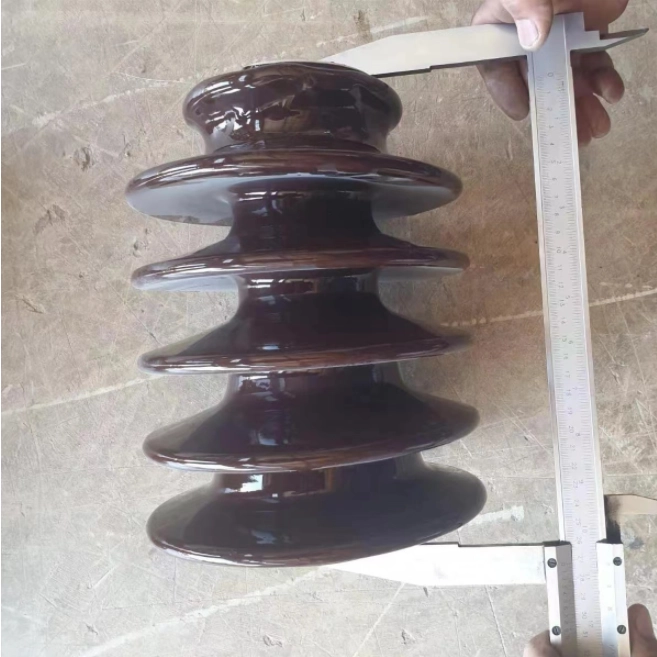
Schritt 7: Prüfung der Qualität
Jeder Isolator wird vor der Verpackung strengen Tests unterzogen:
- Elektrische Prüfung: Prüft den Isolationswiderstand und die Durchschlagsfestigkeit;
- Mechanische Prüfung: Es wird sichergestellt, dass es den mechanischen Beanspruchungen von Energieanlagen standhält;
- Visuelle Kontrolle: Produkte mit Rissen, Mängeln oder schlechtem Aussehen werden zurückgewiesen.
Schritt 8: Verpackung und Versand
Vibrationsfeste und beschädigungssichere Verpackungen gewährleisten die Unversehrtheit des Produkts während des Transports und des Be- und Entladens. Maßgeschneiderte Verpackungslösungen sind verfügbar.
Wie wählt man den richtigen Lieferanten für keramische Isoliermaschinen?
Bei der Herstellung von keramischen Isolatoren entscheidet die Wahl der Fertigungsanlagen direkt über die Produktqualität und die Produktionseffizienz. Berücksichtigen Sie bei der Auswahl eines Lieferanten die folgenden Aspekte:
Technologie und Erfahrung
- Verfügt der Lieferant über umfangreiche Branchenerfahrung?
- Verfügt sie über Spezialmaschinen und bewährte Fallstudien für keramische Isolatoren?
Leistung und Stabilität der Ausrüstung
- Unterstützt die Formmaschine mehrere Spezifikationen und Modelle?
- Erfüllt sie die branchenführenden Standards in Bezug auf Präzision, Produktionskapazität und Energieverbrauch?
Anpassungsfähigkeiten
- Können Sie eine auf Ihre Bedürfnisse zugeschnittene Komplettlösung für eine Produktionslinie anbieten?
- Verfügt sie über die nötigen Geräte zum Trocknen, Brennen, Glasieren und andere Einrichtungen?
Kundendienst und Unterstützung
- Bietet der Lieferant Installation und Inbetriebnahme, Schulung und laufende Wartung an?
- Können Sie schnell auf Geräteausfälle und Ersatzteilanfragen reagieren?
Kundenreferenzen und Fallstudien
- Haben Sie erfolgreiche Kooperationen mit nationalen und internationalen Kunden?
- Genießen Sie einen guten Ruf und Glaubwürdigkeit in der Branche?
Die Auswahl eines seriösen Anbieters von Maschinen für keramische Isolatoren ist mehr als nur ein Kauf - sie ist ein entscheidender Faktor für Ihre zukünftige Produktionskapazität und Wettbewerbsfähigkeit. Als professioneller Hersteller von Keramikmaschinen, Yutai hat für viele Isolatorenhersteller in der ganzen Welt Anlagen und Gesamtlösungen geliefert. Wir liefern nicht nur Anlagen, sondern auch Effizienz, Qualität und Nachhaltigkeit.
Schlussfolgerung
Die Herstellung keramischer Isolatoren ist eine Technologie, die Materialwissenschaft und handwerkliche Präzision vereint. Maschinen zur Herstellung keramischer Isolatoren die Qualität und Effizienz des Produkts bestimmen. Auswahl von Yutai bedeutet, sich für effiziente, zuverlässige und nachhaltige Produktivität zu entscheiden. Sie möchten Ihre Produktionslinie für keramische Isolatoren aufrüsten? Kontakt für maßgeschneiderte Lösungen.
